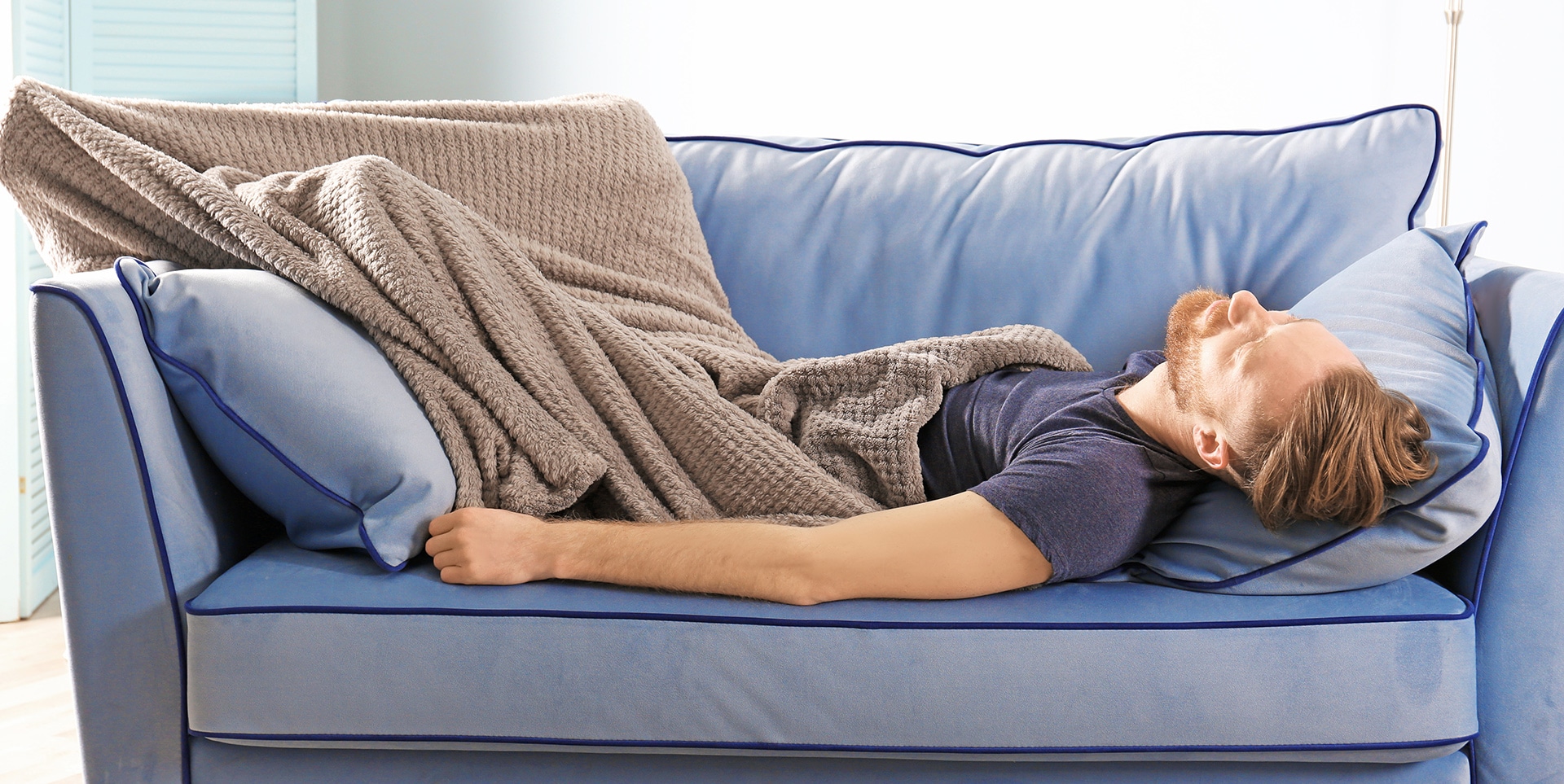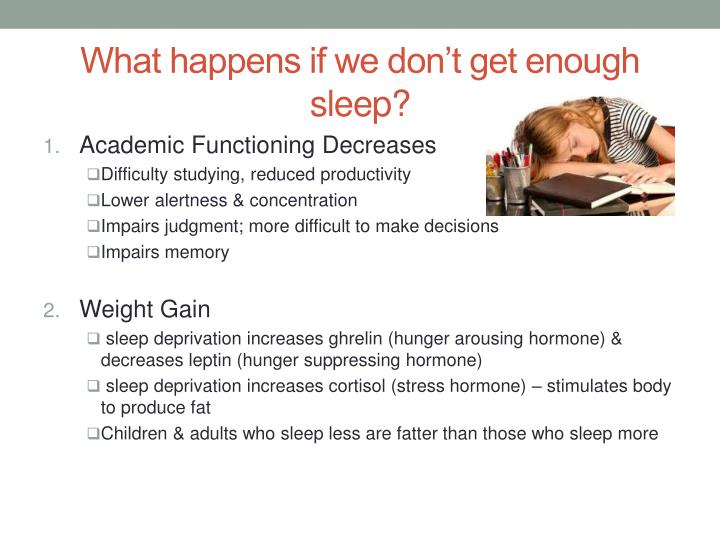
Typically, as people age, they experience a harder time falling asleep and increased trouble staying asleep. It should be noted that sleep patterns vary with age.


It’s very challenging to wake someone up during this phase.

During these stages, there is no muscle activity or eye movements. The brain starts producing slower delta waves as the body enters a restorative phase. It typically starts about 35-45 minutes after first falling asleep. Stage 3 & 4: This is the beginning of deep sleep. They should last between 10-20 minutes to avoid grogginess upon awakening. Power naps are best taken between 1 pm to 4 pm to avoid disrupting nighttime sleeping. If you want to take a “power nap” It’s best to wake up after this stage. We spend most of our night in Stage 2 sleep (about 45% of our sleep duration). Afterward, the brain waves start to slow down. The brain experiences sudden increases in brain wave frequency. Stage 2: During this stage, sleep deepens but is still considered light. This is sometimes called the “catnap” stage. The brain produces alpha waves and theta waves. It’s brief and you will awaken easily to noise. Stage 1: This stage starts as soon as you fall asleep. These cycles are repeated 3-4 times a night. It takes about 60-90 minutes to complete all four stages. Healthy sleep is separated into a four-stage cycle. How Much Deep Sleep Is Optimal? – To grasp the importance of deep sleep you first need to understand all the different stages of slumber. What Is Deep Sleep? How Much Deep Sleep Is Optimal? The Stages of Sleep The stages of deep sleep, also known as slow wave sleep or delta sleep, is when our body restores itself. Now, scientists are focusing more on the impact of deep sleep. Throughout time, humans have gravitated toward the study of dreams. As technology advanced, scientists began to look at brain waves, heart rate and the effects of a lack of sleep on our minds and bodies. The contemporary study of sleep started in the 1950’s with the discovery of REM (rapid eye movement) sleep and non-REM sleep. But rather, what exactly sleep does for us. Research has shown that it’s not a matter of whether sleep helps us. There is a reason that we for sleep one-third of our lives.

What Is Deep Sleep? How Much Deep Sleep Is Optimal? – These are very common and important questions for your overall health and wellness.


 0 kommentar(er)
0 kommentar(er)
